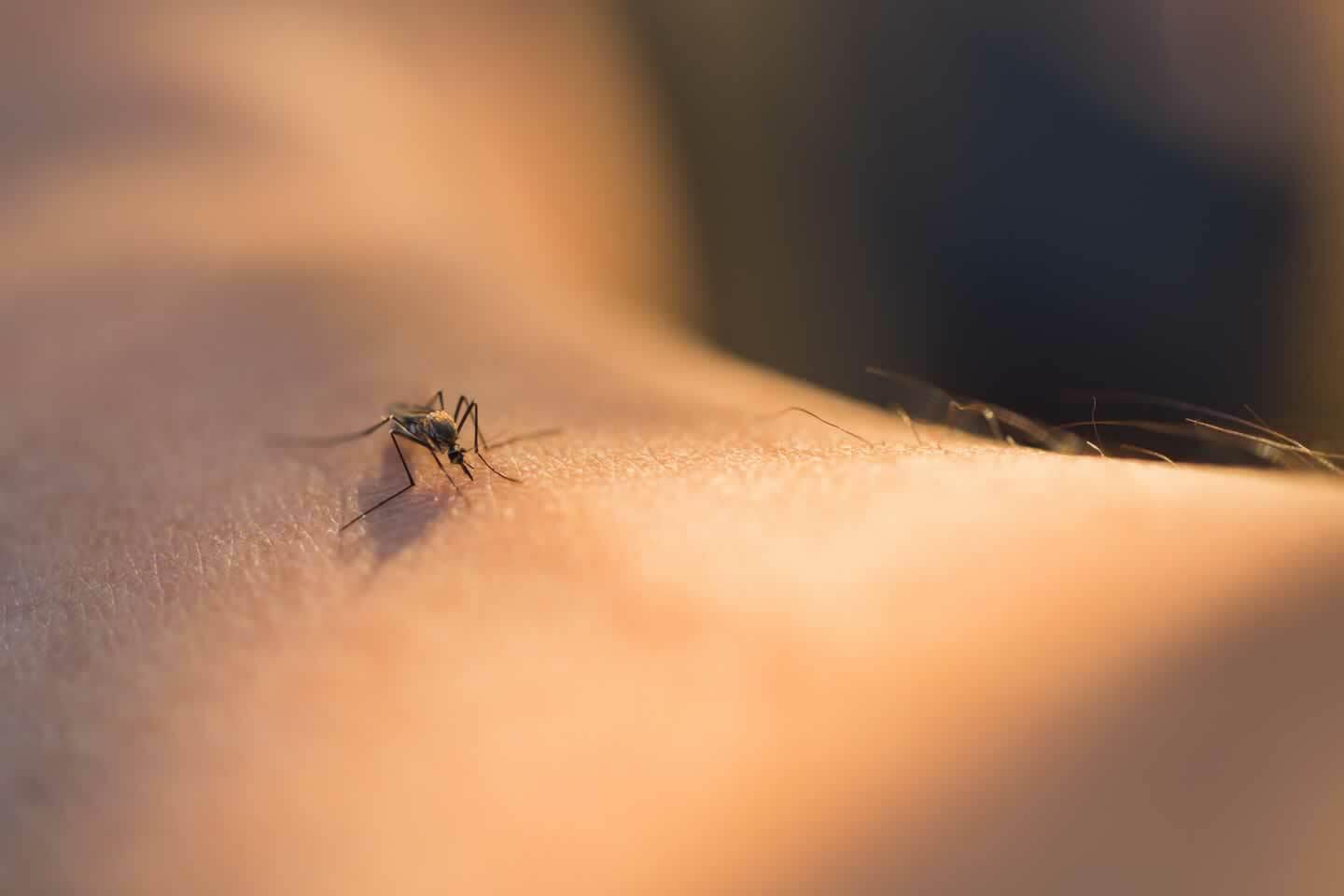Understanding how to treat insect bites and stings is essential for anyone spending time outside. In this guide, we’ll cover practical tips for avoiding bites and effective methods for treating them if they occur.
Preventing Insect Bites and Stings
Adopting preventive measures is key to protecting yourself from insect bites and stings. Here’s how you can minimize your risk:
- Use Insect Repellent
- Apply insect repellent that contains 20-30% DEET to exposed skin and clothing. DEET effectively prevents mosquitoes, ticks, and other biting insects. For best results, follow the instructions on the product label and reapply as directed, especially if you are sweating or after swimming.
- If you also use sunscreen, apply it first and let it dry before applying the insect repellent. This prevents the repellent from being diluted and ensures it remains effective. Avoid sunscreens that include insect repellent, as sunscreen needs to be applied more liberally and frequently.
- Wear Appropriate Clothing
- When venturing outdoors, especially during the evening or in wooded areas, wear long-sleeved shirts, pants, and socks to cover as much skin as possible. Opt for closed-toe shoes rather than sandals.
- For added protection, tuck your shirt into your pants and pull your socks over your pants to create a barrier against insects. You can also treat your outer clothing with Permethrin, an insect repellent for fabric. Follow the product instructions carefully and allow the treated clothing to dry completely before wearing it.
- Utilize Bed Nets
- If you’re camping or sleeping outdoors, use a bed net to keep mosquitoes at bay. Choose a net pre-treated with pyrethroid insecticide for enhanced protection. Ensure the net reaches the floor or tuck it under the mattress to prevent insects from getting inside.
How Do You Identify Insect Bites?
Identifying insect bites can help determine the appropriate treatment. Mosquito bites usually appear as small, raised red bumps, often in clusters on exposed skin, and are typically itchy and swollen.
Bee stings cause a painful, red, swollen bump with a central white spot where the sting occurred and may sometimes include a visible stinger. Wasp and hornet stings resemble bee stings but may not leave a stinger and can cause significant pain, redness, and swelling.
Tick bites are small red bumps that may have a tick attached. If the tick has been attached for a while, it could potentially lead to a circular rash, which could indicate Lyme disease. Flea bites appear as small, red, itchy bumps usually grouped together on the ankles and legs.
Bed bug bites are small, red welts often arranged in lines or clusters. They are commonly found on areas exposed during sleep, like the arms and legs.
How Do You Treat Insect Bites and Stings?
Even with the best preventive measures, insect bites and stings can still occur. Knowing how to treat them effectively can alleviate discomfort and prevent complications.
Managing Pain
Over-the-counter painkillers like acetaminophen or ibuprofen can provide relief for painful bites or stings, such as those from bees or wasps. Follow the dosage instructions on the label to ensure safe and effective use.
How to Make an Insect Bite Stop Itching
To ease itching caused by insect bites, apply an ice pack to the affected area. The cold can help numb the area and reduce itching. Alternatively, use over-the-counter anti-itch creams containing hydrocortisone to soothe the skin. Oral antihistamines can also be effective in managing itching and swelling.
Reduce Swelling
Applying an ice pack to the bite or sting site can help reduce swelling. To prevent frostbite, wrap the ice pack in a cloth and apply it for 10 to 15 minutes at a time.
When to Seek Medical Attention
While most insect bites and stings can be managed at home, certain symptoms may require medical attention. Seek medical help if you experience severe symptoms such as a widespread rash, fever, body aches, or signs of an allergic reaction, like difficulty breathing or swelling of the face and throat.
Visit AFC Littleton CO for Insect Bite Relief
If you experience an insect bite or sting and need professional care, (AFC) is here to help. Our urgent care team is equipped to handle a variety of minor and moderate injuries, including insect bites and stings, with prompt and compassionate care. Whether you need advice on treatment, prescription medications, or evaluation for potential allergic reactions or infections, our skilled healthcare staff is ready to assist.
Visit AFC Littleton CO for personalized medical attention and get back to enjoying your time outdoors with peace of mind.


